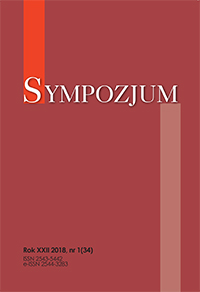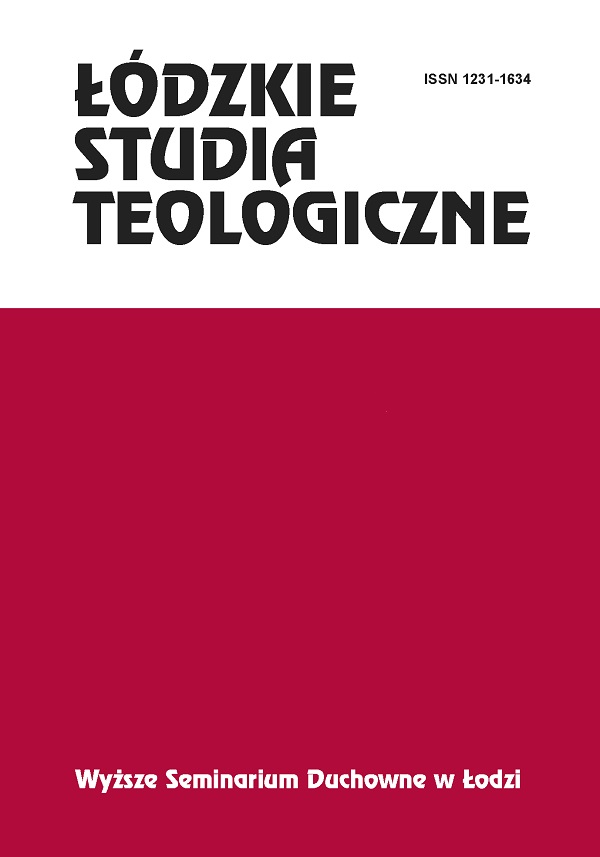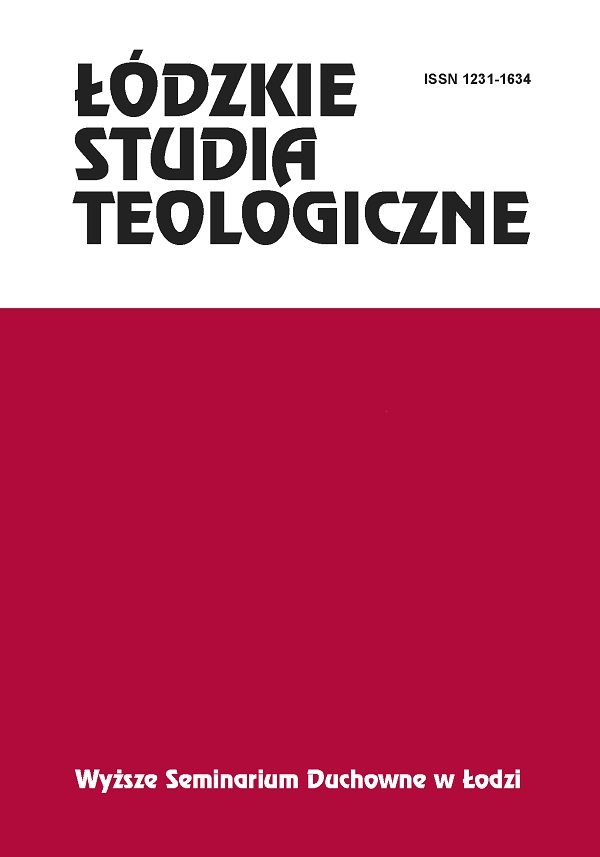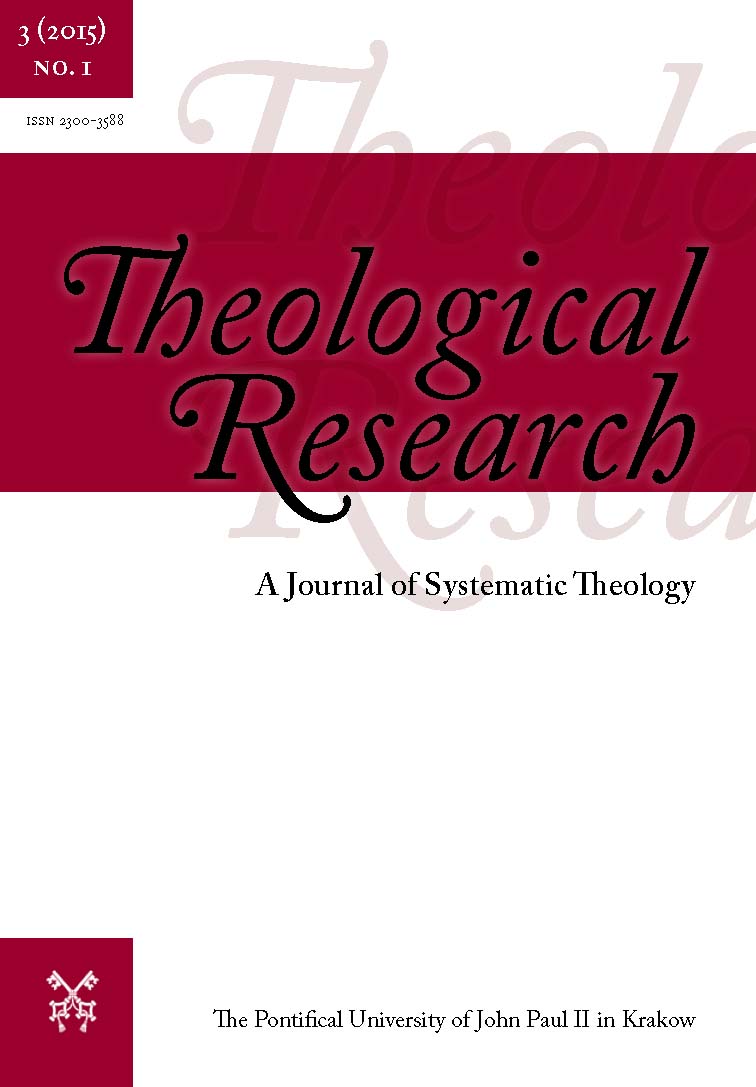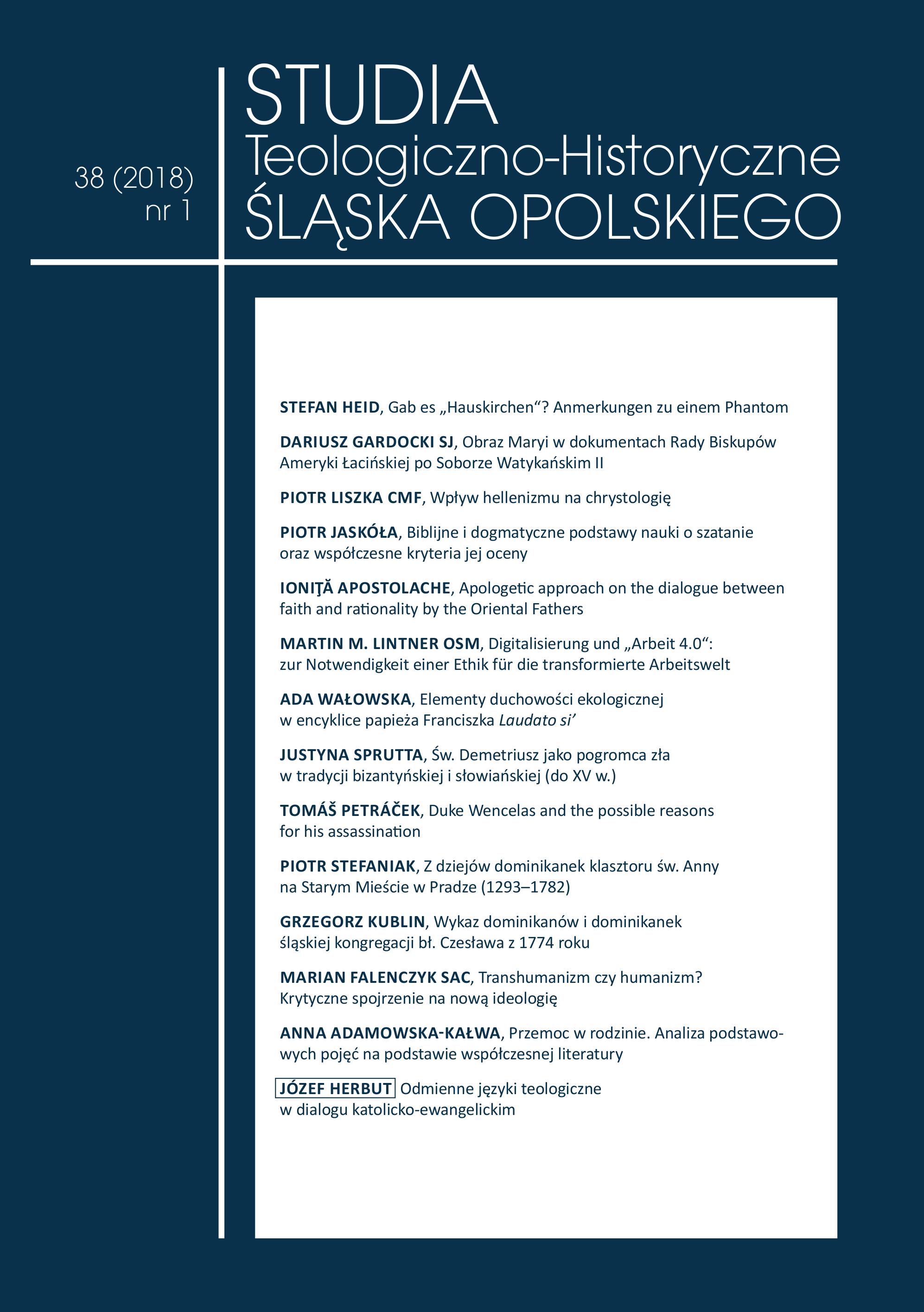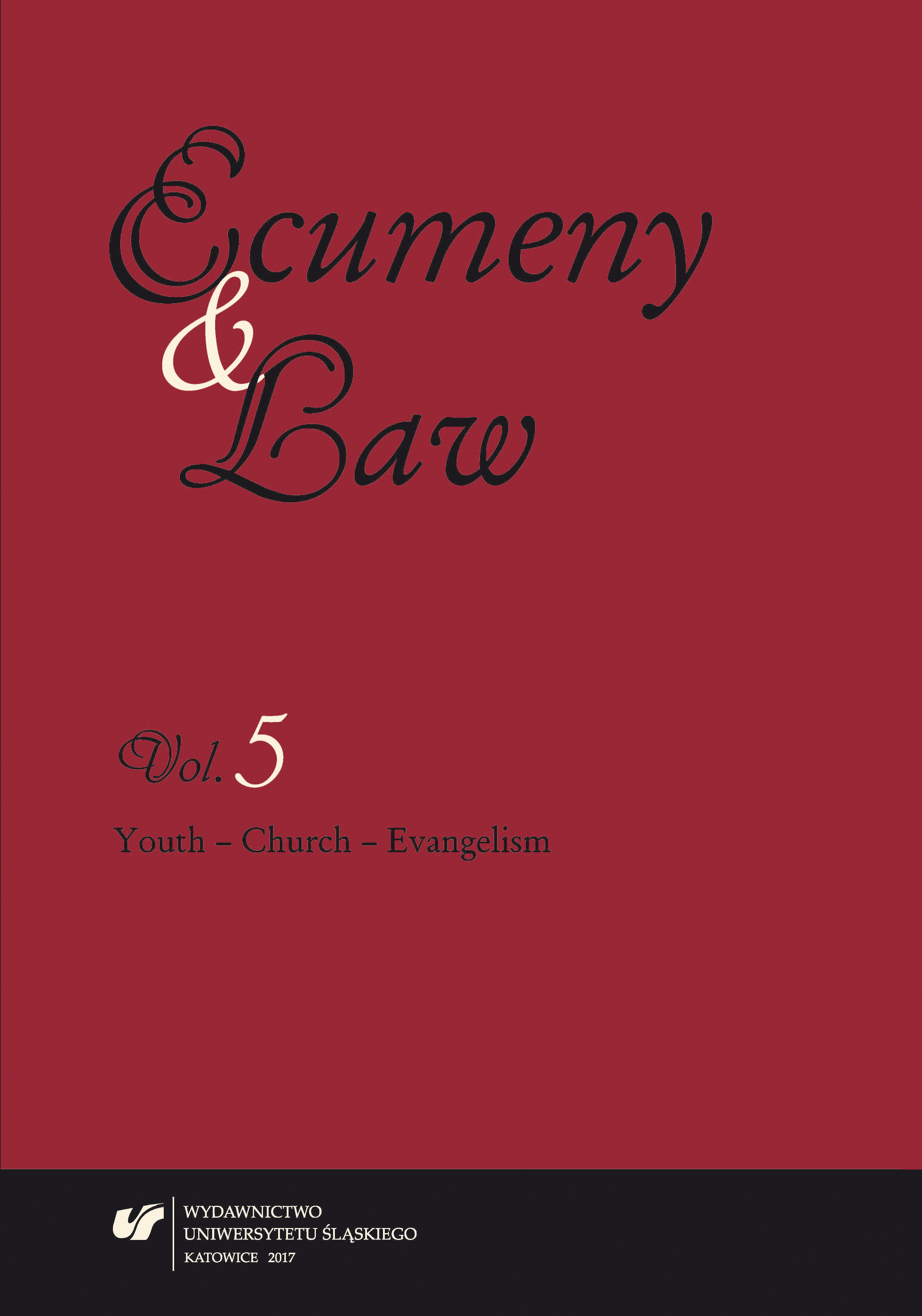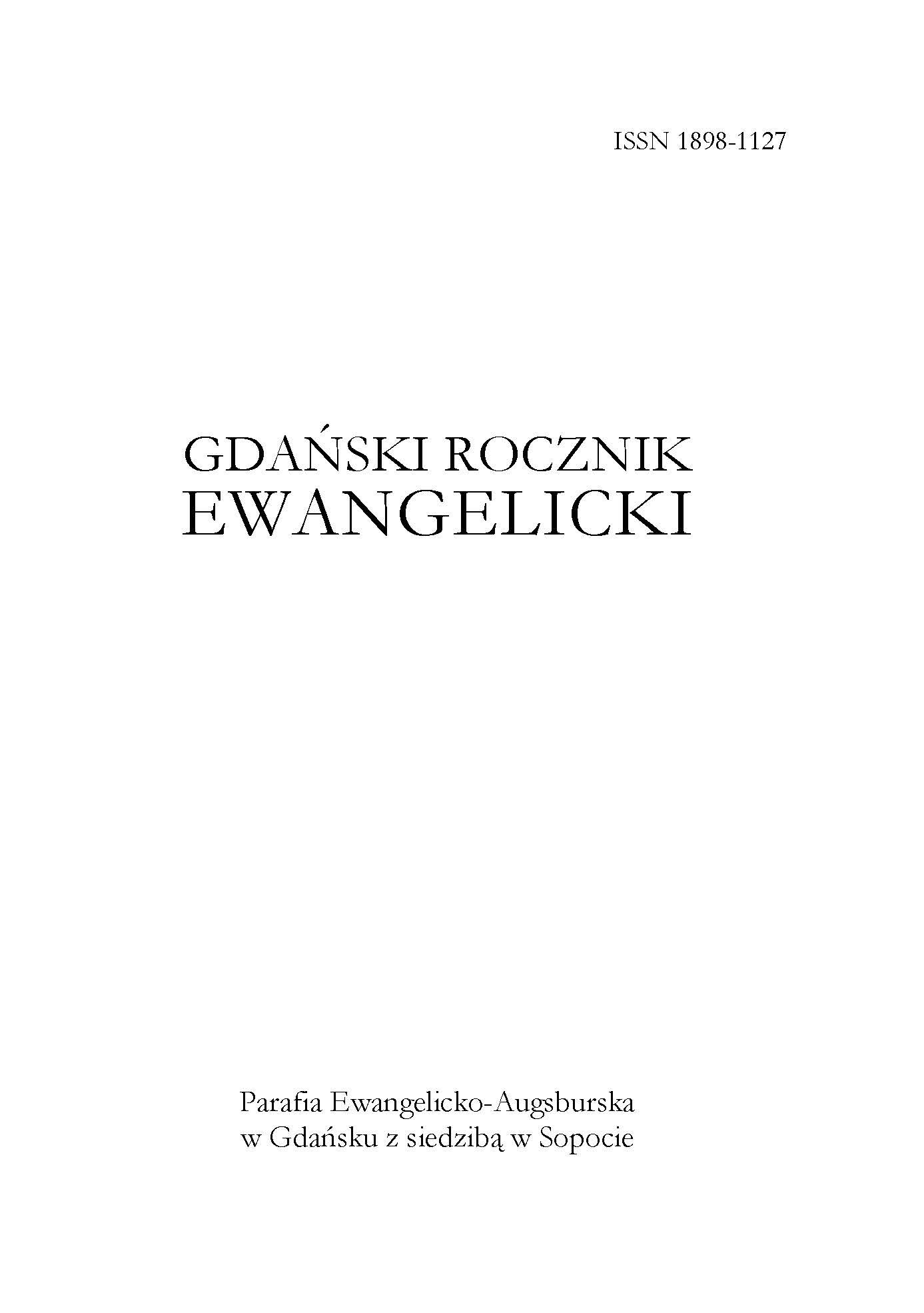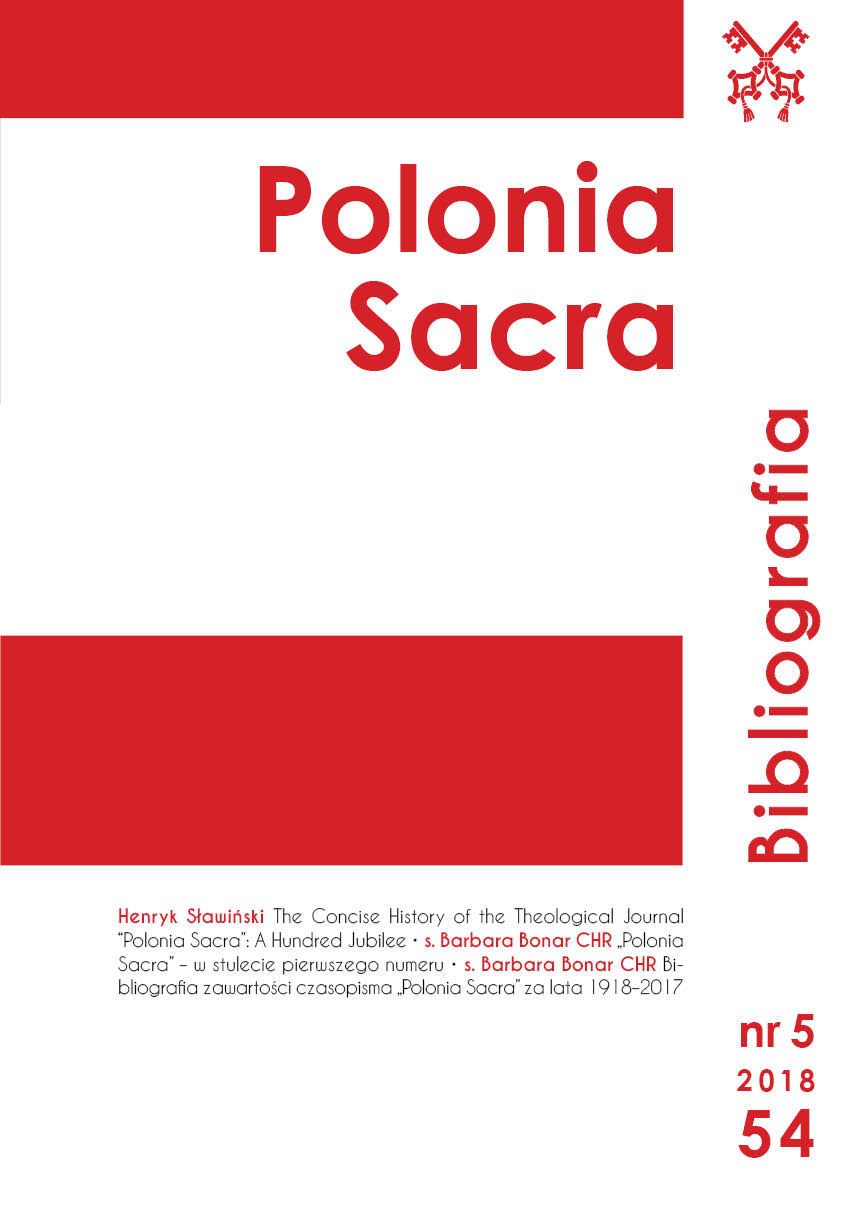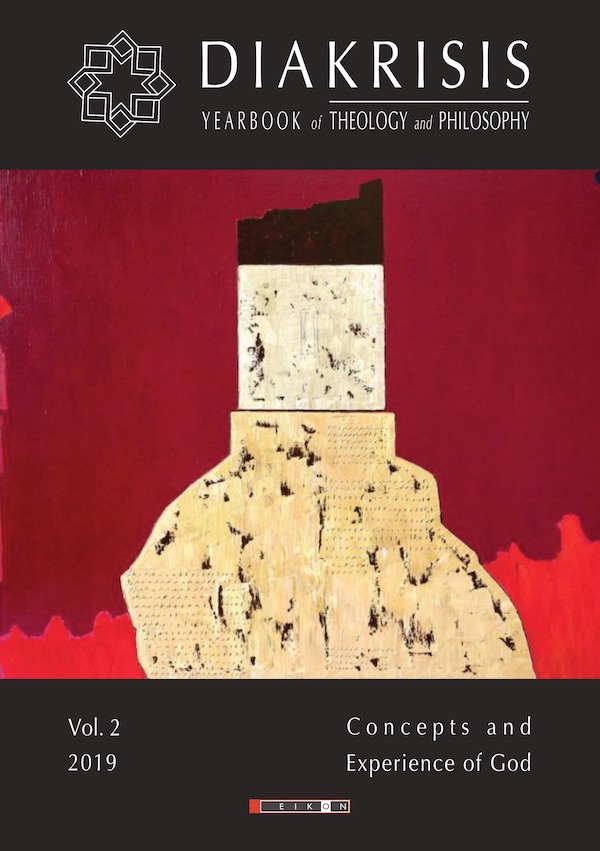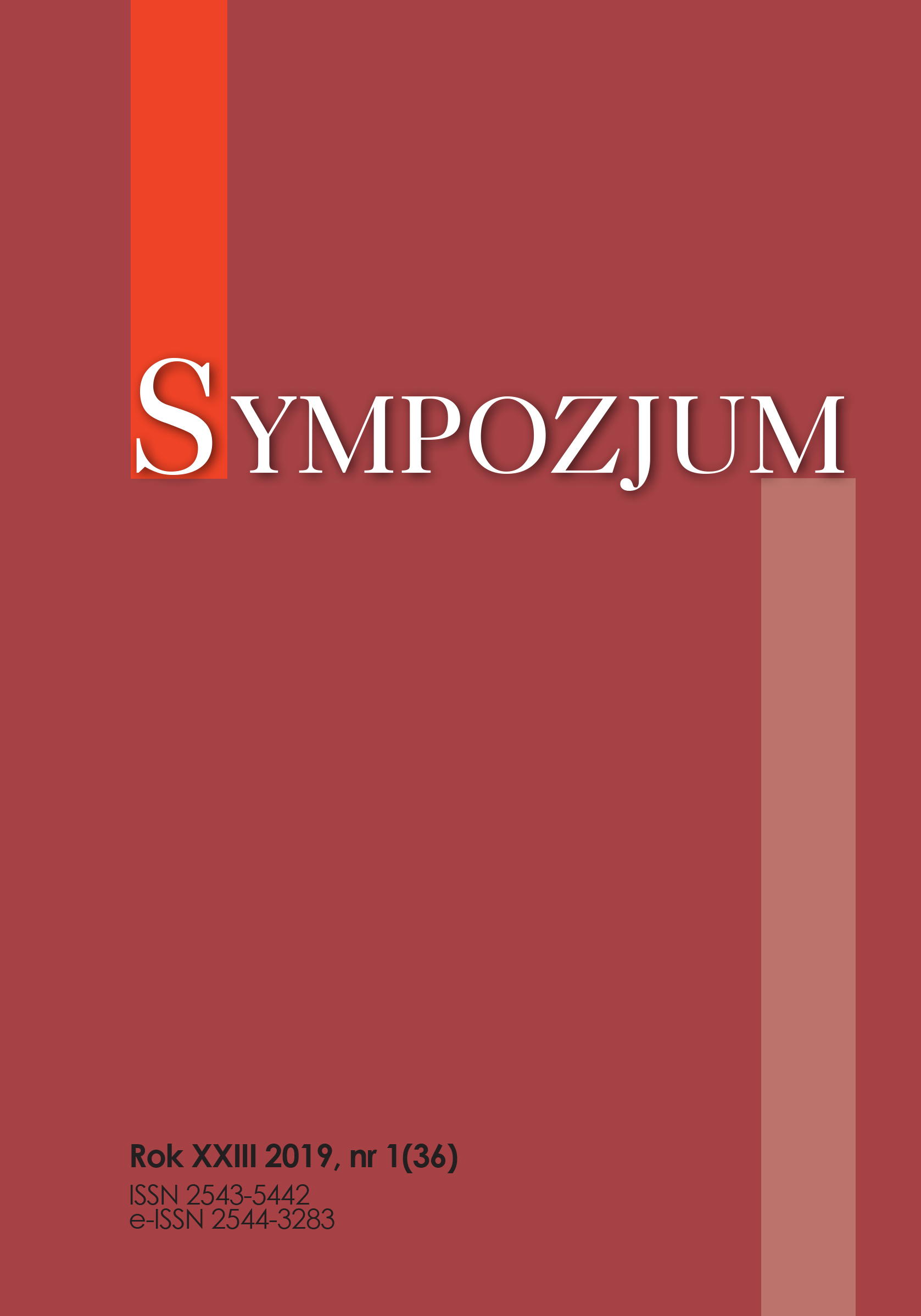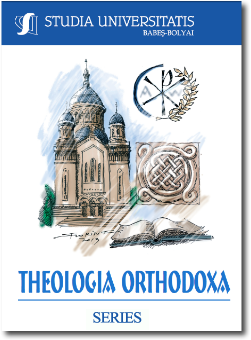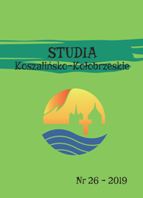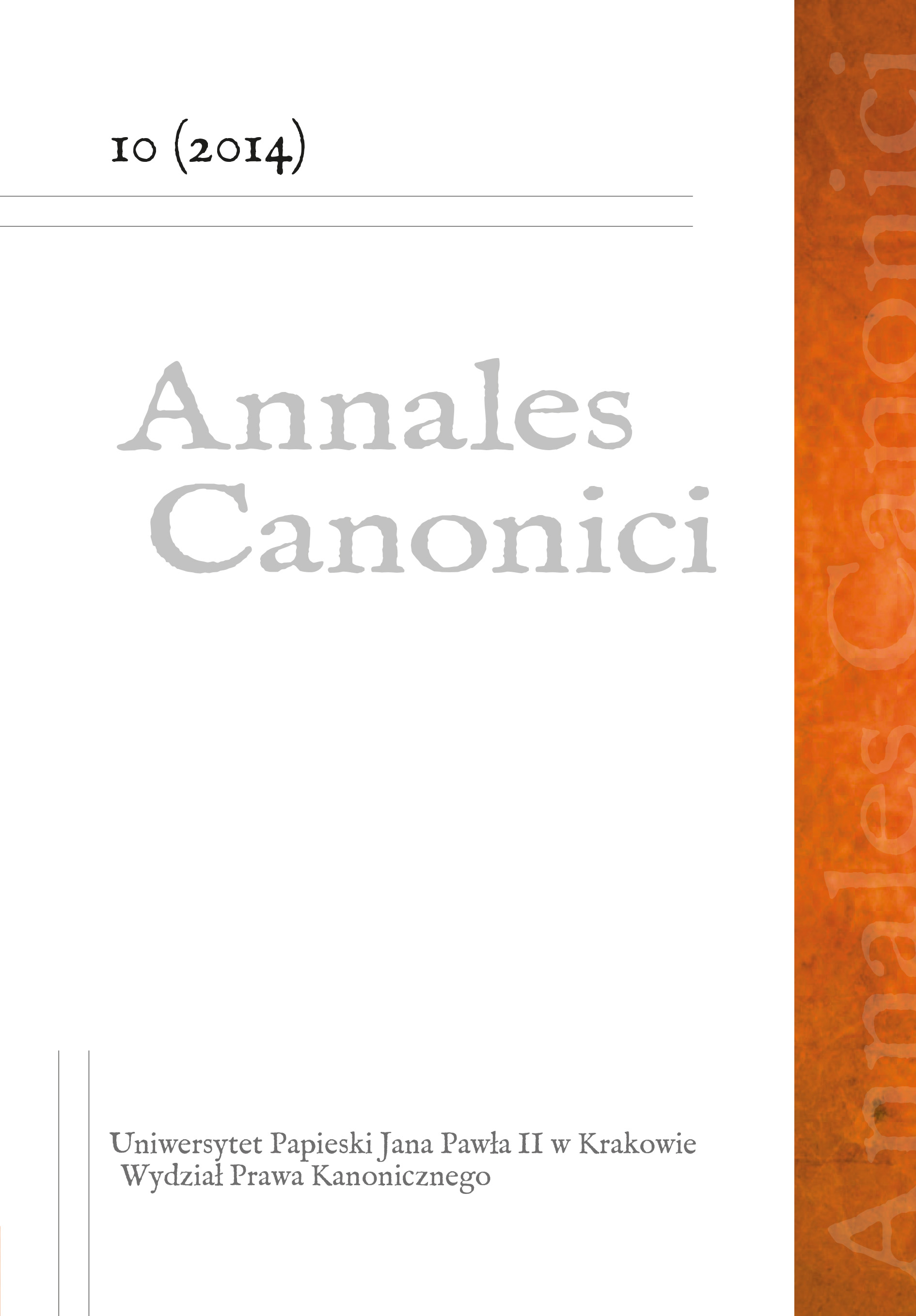
The celebrant of the Holy Sacrament of the Eucharist. Rules and canonical norms of the Orthodox Church
This review presents the canonical legislation text of the Orthodox Church, from the rst millennium – corroborated with the text of the typiconal guidelines made and published over the centuries in this part of this ecumenical Christian world – concerning the cel- ebration of the Divine Sacrament of the Eucharist and, ipso facto, its celebrant. Thus an opportunity is created to o er to the reader (canonist or theologian) some eloquent testi- monies of the liturgical-canonical Tradition of this Church, which is part of the common liturgical-canonicalheritageoftheecumenicalChurchof the rstmillennium.
More...
